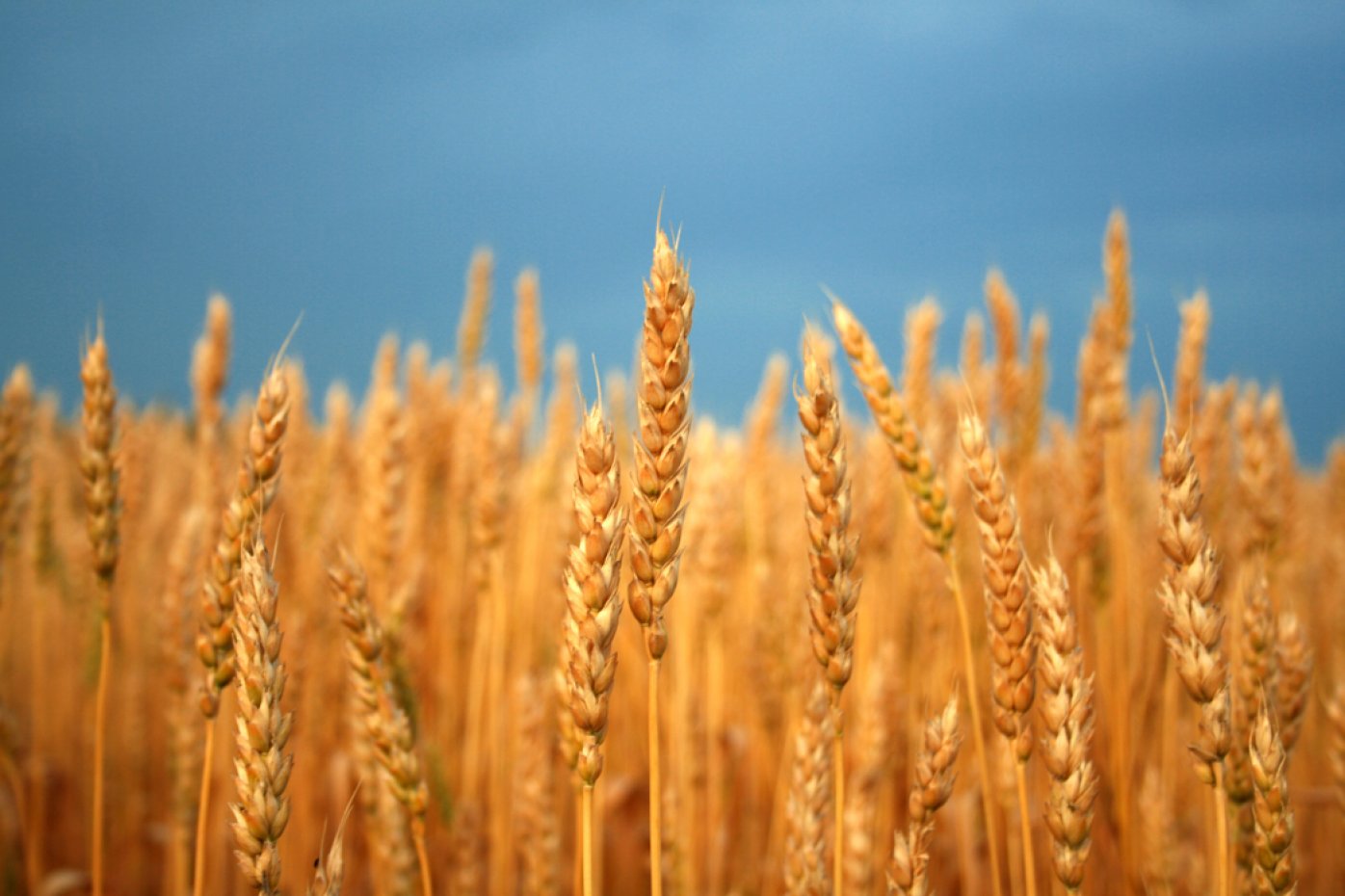Securing the future: ensuring a reliable supply of sustainable wheat, rye and oats in the right quality & quantity
The largest single food processors of domestic wheat, rye and oats
With some 48 million tonnes processed each year, the European flour millers are the largest single food users of domestic wheat, rye and oats. Whilst it is possible to make flour from many different types of grain, wheat is easily the most widely used. This is because of the unique properties of wheat flour which allow the production of bread and other flour-based products.
Secure food security and sovereignty in Europe
The Common Agricultural Policy (CAP) is now, more than ever, a strategic tool to promote the EU food security and sovereignty. Its budget must therefore be commensurate to the challenges ahead. It should be a tool to guarantee the economic and social sustainability of the overall European agri-food value chain and ultimately increasing the production within our borders, both by providing a decent income for local farmers, but also guaranteeing the availability and affordability of key cereals in Europe.
Stimulating innovation & research in agriculture to tackle climate change consequences
The last years have seen a sharp rise in quality issues for the wheat growers, primarily due to difficult weather conditions. The adoption of some of the innovations which could help mitigate such sanitary issues is often hindered by access to technology and capital, and the necessary skills to integrate new methods into traditional farming practices. Technological advancements in agriculture, such as new breeding techniques and precision farming, offer promising avenues to increase both yield and sustainability. These technologies can help farmers reduce their environmental footprint, manage resources more efficiently, and increase crop resilience to diseases and extreme weather.
The European flour millers, therefore, call on policymakers to facilitate this transition by providing targeted support and incentives for farmers to adopt these technologies.

